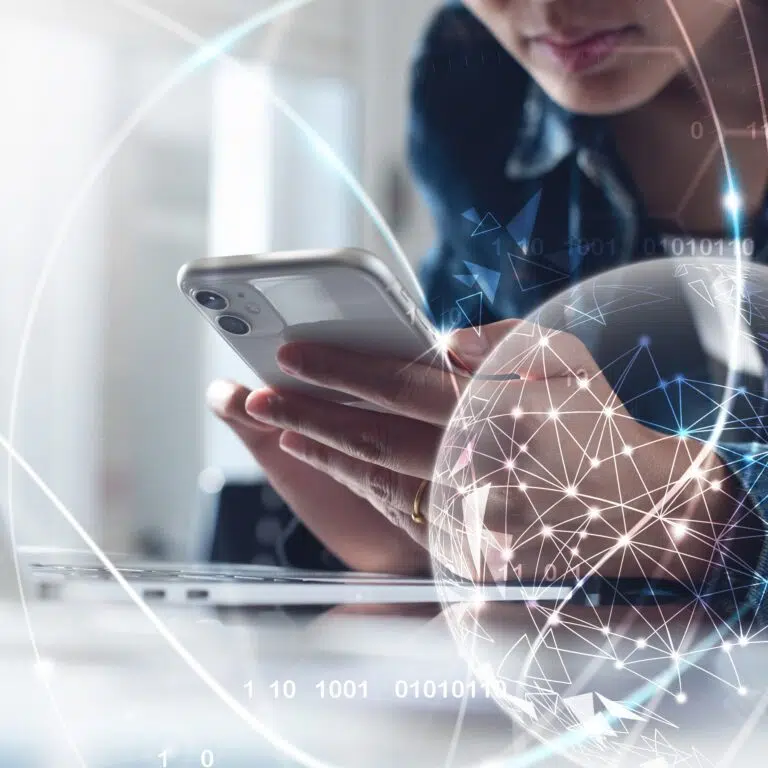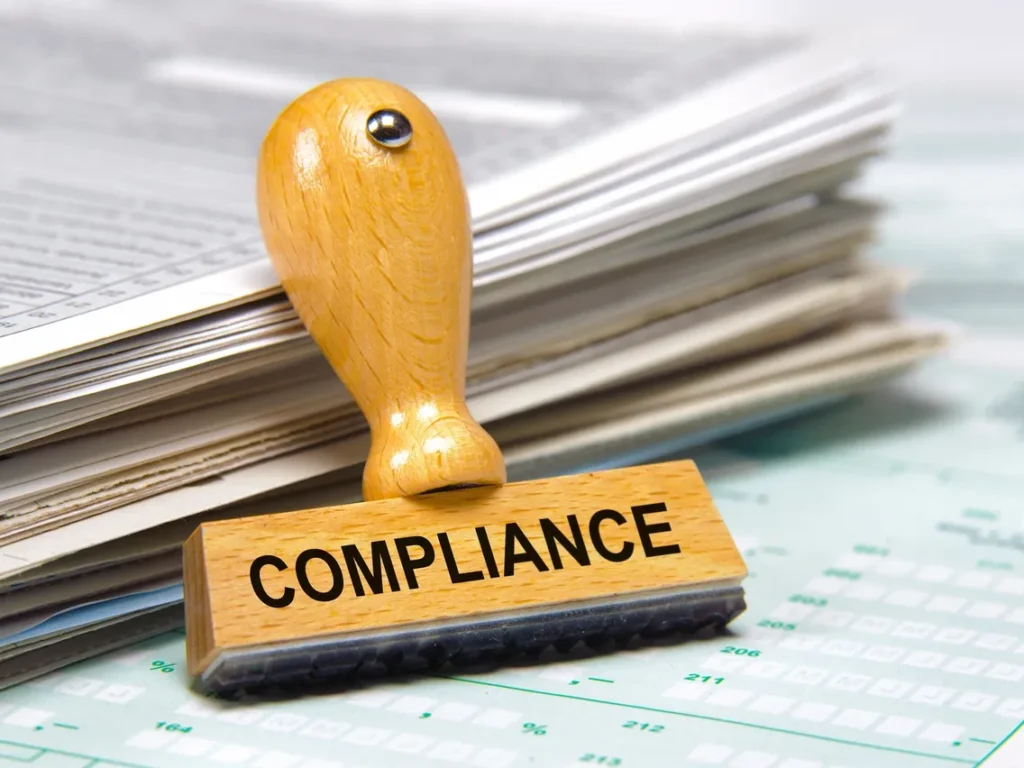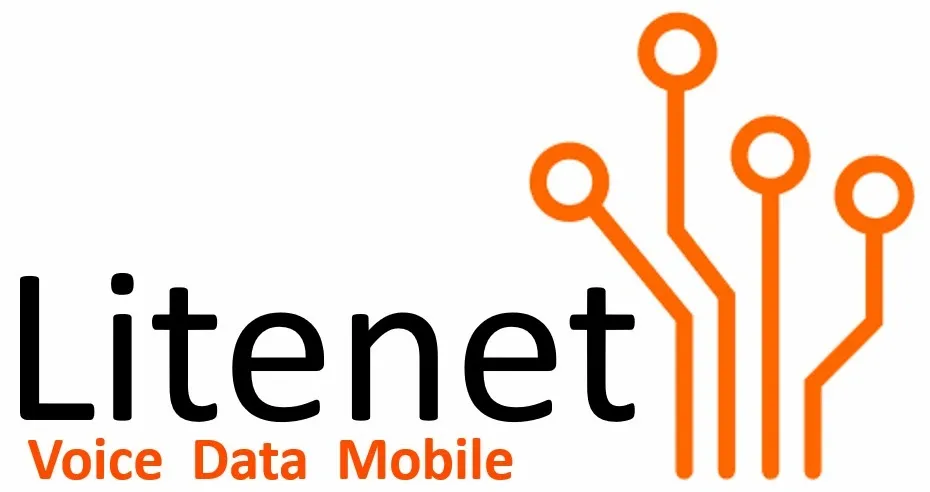An invasion of privacy, or a powerful customer service tool?
We’ve all heard the message… “Your call may be recorded for training or monitoring purposes”. It’s on adverts, auto-attendants, telephone banking, you name it. For some, the very idea of having their conversation recorded is an invasion of privacy, or worse still, some way of trying to “catch them out” somehow, despite our data being knowingly recorded more than ever before in so many different ways.
CCTV – Capturing not only our image, but our actions, our voice and even our temperature, all being logged and recorded with nothing more that a sign on a lamppost, window or door.
Internet – Our browsing history, language preferences, interests and much more, all stored in little cookies on our computer for everyone to see, with nothing more than a little pop-up that everyone just says “ok” to.
Banking – Our income, spending patterns, credit scores, loans and pretty much every transaction (who uses cash these days?) logged in our online banking, with some of that data shared between lenders to make sure we are worthy of using their services.
Yet, as soon as someone TELLS us that we are being recorded, our attitude changes.
A bad image

Call recording probably has a bad image from the early days, when nobody had to be warned about being recorded. There might be some fear of being spied on, like telephone taps in old films, and the feeling that you can’t say what you really want to.
It was used to teach call centre staff a lesson, with overzealous supervisors pulling up the records to play back and humiliate individuals in the team briefings.
It was used as a proof that you may (or may not) have entered in to some kind of verbal agreement with an unscrupulous sales person “I have the recordings of our last conversations, and you absolutely DID say that you were going to buy this stuff from us”, even though you were just paying lip-service to a cold caller.
And then came the fraudsters. Getting hold of recordings where you’ve given over credit card details, selling them on to crooks and stealing your money. I don’t know if this ever actually happened, but it was a big enough possibility that a whole bunch of legislation came in to protect your financial information from being recorded.
The new age of call recording
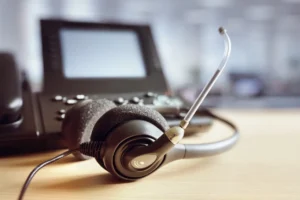
Legislation, huge advances in technology, customer and supplier awareness, and a number of other factors have driven call recording to a point where it’s not just capturing and keeping your data, it’s now a complex and powerful customer service tool, shrouded in security measures to keep it safe and out of the hands of evil criminals. So, let’s look at some of the ways the modern call recorder has evolved:
Compliant
Compliant with the regulations surrounding call recording for the market that the system is being used in. As you can imagine, this varies by country, principality and state. In the UK most regulations surrounding call recording come from Ofcom, with the Financial Conduct Authority (FCA) throwing some in for good measure.
The FCA have a regulation called MiFID II. Under MiFID II, companies are required to record telephone conversations and electronic communications that relate to “the reception, transmission and execution of orders, or dealing on own account”. These recordings must be held for at least five years.
Then there’s PCI DSS, the Payment Cards Industry’s Data Security Standard. This sets out a list of rules for anyone taking payment via card over the phone. It requires encryption of data, both during the transaction (ie the call itself) and any stored recordings, as well as restrictions on who can access stored data with individual user logins and records of who accessed recordings.
It’s a complicated, boring, but very important element to consider, along with the legal and ethical requirements for notifying telephone call participants that they’re being recorded. Needless to say the Litenet Cloud VoIP platform, whilst offering three months of free call recording, is also fully compliant.
Secure
As mentioned just now, the security of voice recordings is taken very seriously. Modern VoIP phone systems are increasingly using encryption to make sure the connection is secure and can’t be spied upon, and so the recordings are also stored in an encrypted format. Call recorders are usually housed in secure environments, such as data centres and server rooms, with restricted access, user log in/out transaction records and strict permissions structures. Gone are the days of a tape recorder wired up to the handset!
Intelligent
Artificial intelligence can now play a huge role in the way call recordings are used in a contact centre environment. AI can interrogate the recordings automatically to determine the context of a call, ie. was the caller angry, sad, indifferent, happy? It can report on whether your agents are saying the correct phrases and following their script patterns. For example, if every agent has to ask “is there anything else I can help you with?” at the end of each call, it will identify those that don’t, or regularly forget, so that they can be retrained or reminded. It can recognise when someone is making a payment and automatically stop listening or remove that detail from the call recording.
Litenet’s Cloud VoIP Platform
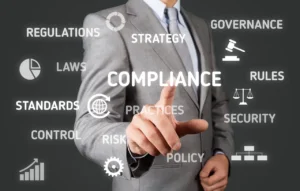
Call us on 01908 794 794 or email info@litenetuk.com

